
The UN International Day of Families on 15 May 2022 has as its themes urbanisation, migration and the positive and negative impacts on families. One could say, the impact depends a lot on the broader context in which each family lives, which includes time and place. Urbanisation in KZN, the province in South Africa, that has recently suffered from devastating floods, is an example of how urbanization can have an impact on every group and class in the population, rich and poor, black, white, Indian, young and old, parents and children, unemployed, working class and retirees. Floods washed away everything in their path from shacks to mansions. Many have lost absolutely everything and had no insurance, others will be able to claim and add greatly to the burden of insurance companies with a roll-on effect on families way beyond the place where floods occurred. Clearly it is complex and difficult to gauge the effect of urbanization on a community and a country. It concerns the question, “Why did those affected move to that part of the country and build their dwellings where and how they did?” Government and civil society organisations, NGOs, religious institutions, and family movements all are collaborating to address the impacts of this particular disaster for the good of families, the most basic institution in society.
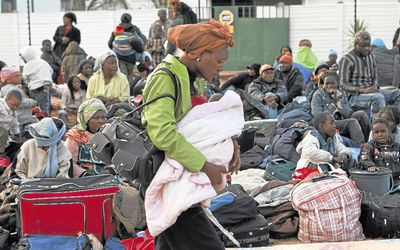
Many articles might generalize about the social movement of peoples, a process that has happened throughout history, but as population numbers have risen so sharply, in the last few centuries since the time of the Industrial Revolution, how and where people choose or are forced to live has become a much more serious concern for those who provide the essential services. Urbanisation and migration are important themes to explore in detail for the International Day of Families in 2022 where across the world many environmental and social factors have impacted on family lives.
The history of the IDF goes back to the 1980s when UN member states began to lobby for a greater focus on family needs versus individual or specific sub-groups. A UN Assembly session was devoted specifically to family needs and how to address them. The process eventually resulted in a resolution in 1993 to institute the first International Year of the Family in 1994. Subsequent to this every 15 May has been commemorated as an IDF with a relevant theme. Every 10th year has been a special year and already now IDF 2024 is being planned for. Also relevant in addressing needs of families universally are the Sustainable Development Goals.
In 2015 United Nations member states unanimously adopted 17 Sustainable Development Goals, aiming to eliminate poverty, discrimination, abuse and preventable deaths, address environmental destruction, and usher in an era of development for all people everywhere. Families and family-oriented policies and programmes are vital for the achievement of many of these goals and it is timely for the question to be asked, “Could families be the key to achieving the SDGs?“
Family policies are a mainstay of national public policies, and the most meaningful vehicle for governments to influence the living standards of upcoming generations. As part of achieving the ambitions of the SDG these family policies play an important part in meeting targets across many of the 17 SDG goals. https://www.un.org/en/observances/international-day-of-families.
While the main focus of the IDF and SDGs is on human wellbeing, the environment and its needs are beginning to demand greater attention. The paper “Migration, Urbanization, and the Family Dimension” was prepared for IDF 2022 to be launched on 13 May in New York. It addresses recent urbanization trends impacting families; gender and urbanization; urbanization and family life, the importance of affordable safe housing, child and youth developments and intergenerational issues; urbanization and globalization, green spaces, promoting civic life and participation in urban areas, social cohesion and social stability. See preliminary information on https://www.un.org/development/desa/family/wp-content/uploads/sites/23/2022/04/IDF.2022.BACKGROUND-NOTE.pdf

At home in South Africa MARFAM was established during that first 1994 International Year of Families at the conclusion of a diocesan conference in Johannesburg. We have been involved with the Department of Social Development in subsequent IDFs and used the themes and SDG goals also for family life education over the years in publications and workshops. At present with an involvement with Amoris Laetitia – on the family – and Laudato Si – on ecology my mission is integration and promotion of an eco-family-friendly vision of all of creation. Each month MARFAM focuses on an area of family life. May’s theme is “Parents form Families.” Parents, human as well as animal, have the task of forming, socialising and educating their offspring, with an intimate bond being created between parenting figures and their offspring. This has taken different forms throughout history and in the various flora and fauna species and this aspect continues to evolve in relation to the context, which in this case is Urbanisation which has also had major impacts on biodiversity . Faith Action to end GBV is also addressing their specific aspect influenced greatly by a family’s living environment. TR FAMILY WEEKLY E-NEWSLETTER 11 MAY 2022
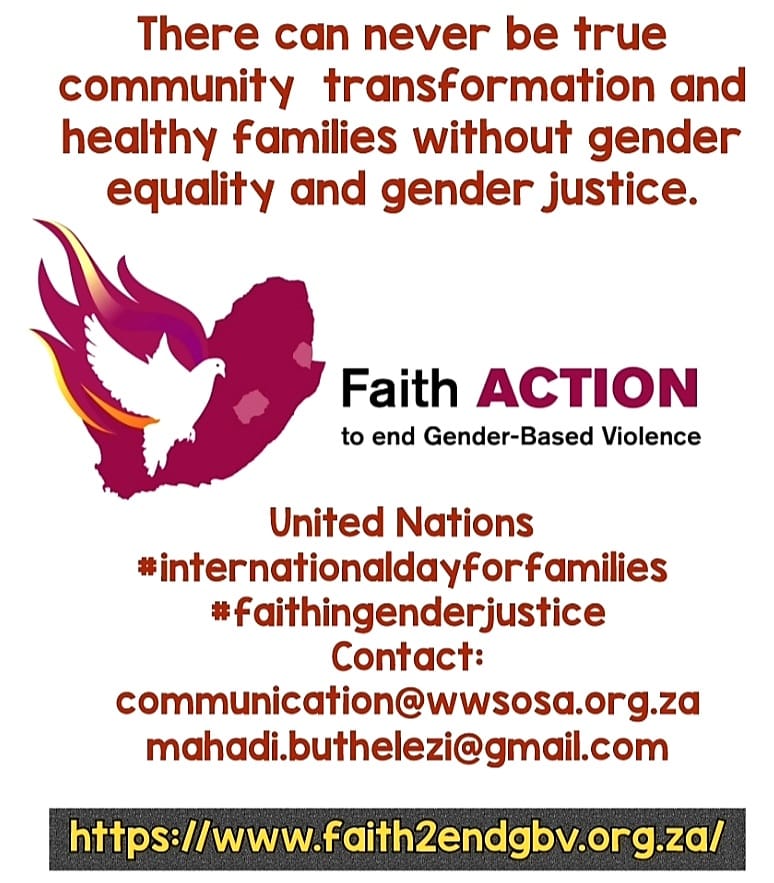
“City life comes with its joys and problems, of closeness and conflict in family relationships. Be prepared and avoid the risk of violence.”


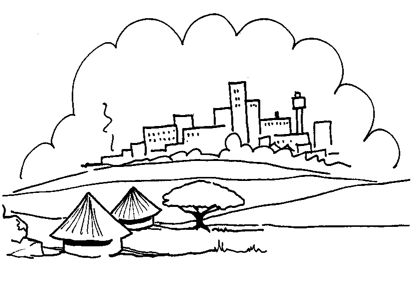
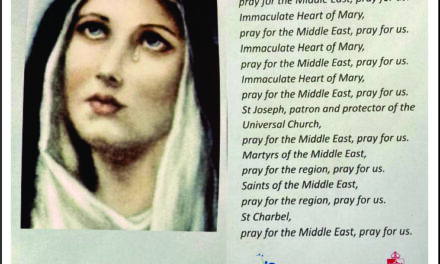


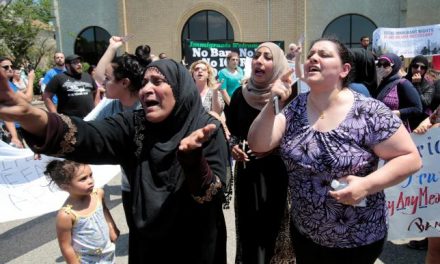
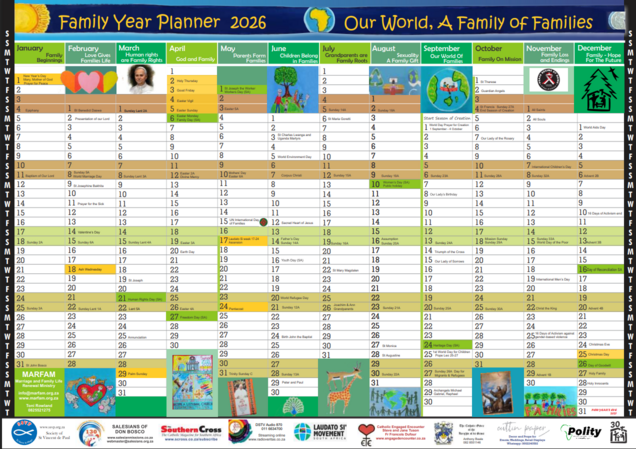
Recent Comments